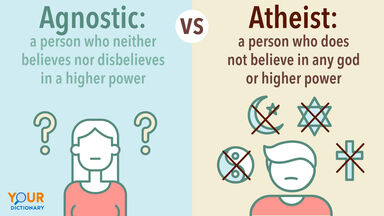The second is the typical deist of Locke's school, improved as regards his philosophy, and holding that the only possible proof of God's existence was a posteriori, from design, and that such proof was, on the whole, sufficient.
What that work has done is to prove to the consistent deist that no objections can be drawn from reason or experience against natural or revealed religion, and, consequently, that the things objected to are not incredible and may be proved by external evidence.
The first specific attack on deism in English was Bishop Stillingfleet's Letter to a Deist (1677).
The same men were not seldom assaulted under the name of "theists"; the later distinction between "theist" and "deist," which stamped the latter word as excluding the belief in providence or in the immanence of God, was apparently formulated in the end of the 18th century by those rationalists who were aggrieved at being identified with the naturalists.
The work in which he endeavoured to prove that true Christianity is as old as the creation, and is really but the republication of the gospel of nature, soon gained the name of the "Deist's Bible."
